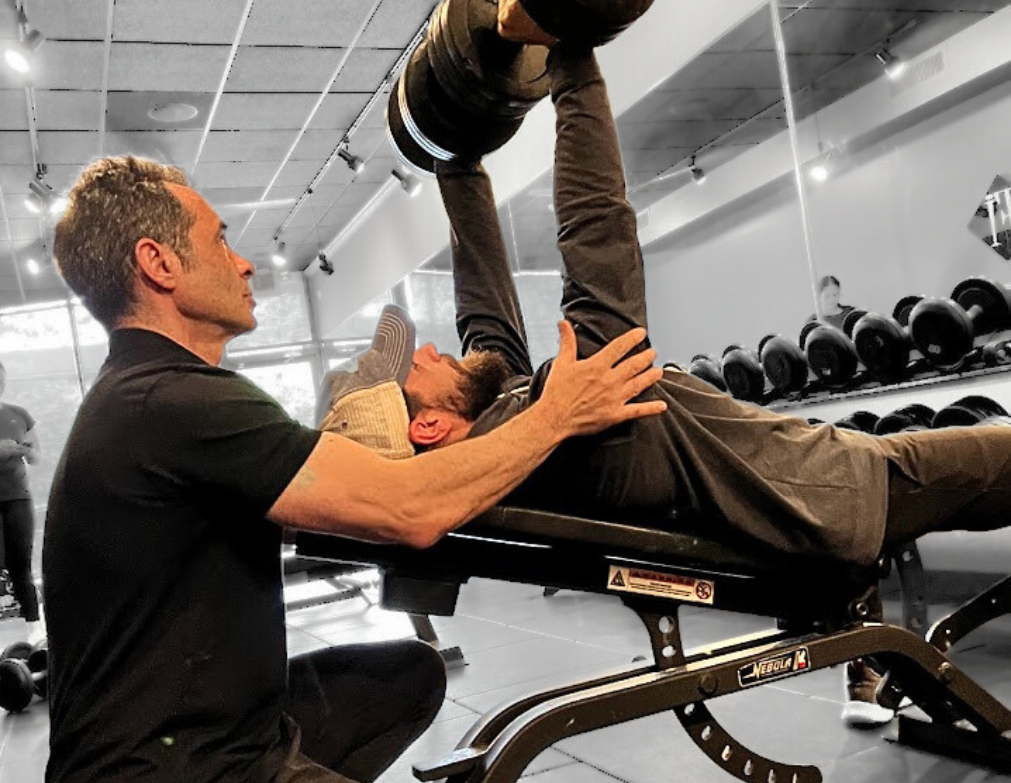
“There isn’t a single greater action you can take to increase your “healthspan” than implementing a solid resistance training program…”

The Science Is In:
Resistance Training is the Key to Promoting Your Health and Lifespan
If one day, scientists and physicians told you that they had developed the solution to maintaining your “youth”—your active, energetic, healthy, and vibrant self—not just through your 30s and 40s but well into your 60s, 70s, 80s, even 90s, would you immediately make an appointment to get that prescription?
I’m here to tell you that scientists, indeed, have determined the solution to maintaining your “youth.” It’s not a solution our healthcare system actively prescribes or promotes, but luckily, it’s accessible to everyone in resistance (strength) training.
Long perceived and misunderstood as the realm of weightlifters and bodybuilders, strength training has been shown time and time again in recent studies to have a positive and dramatic effect on our physical, cognitive, and emotional functions, earning it a front seat in the laboratory of human performance.
The Cure For the Modern American Lifestyle
Recently, attention has been given to its benefits on age-related physiological changes such as muscle and bone loss, metabolic syndrome, fat gain, diabetes, and all-cause mortality. As the American lifestyle has become more sedentary, sarcopenia (bone density loss) now looms as a serious problem among an aging population. Resistance training promotes bone development, 1%-3% mineral density in most cases, which becomes increasingly important, especially for pre- and post-menopausal women. Moreover, inactive adults experience a 3% to 8% loss of muscle mass per decade, compounded by a reduction in resting metabolic rate and increasing fat accumulation. Turning to a well-planned resistance training program has been shown to rectify these impacts in both men and women.
Take It To Heart
For those at risk of heart disease, resistance training also improves cardiovascular health by reducing resting blood pressure and decreasing low-density lipoproteins cholesterol (LDL) and triglycerides while increasing high-density lipoprotein cholesterol (HDL).
Say Goodbye to Excess Fat
Most importantly, resistance training reduces visceral fat (the fat that lovingly shows up around our bellies) and assists in improving/defending against insulin resistance—a precursor to diabetes—because it promotes increased muscle development which utilizes sugar for energy.
Arthritis & More
As if that weren’t enough, resistance training has also been associated with a reduction in arthritis discomfort, fibromyalgia, and has been shown to reverse aging factors in skeletal muscle.
In essence, there isn’t a single greater action you can take to reduce age-related decline than implementing a solid resistance training program – full stop.
While science has yet to produce a “magic pill” to extend our quality of life, it has concluded that through the right prescription of exercise, particularly resistance (strength) training—a long, active, well-lived life can be yours.
